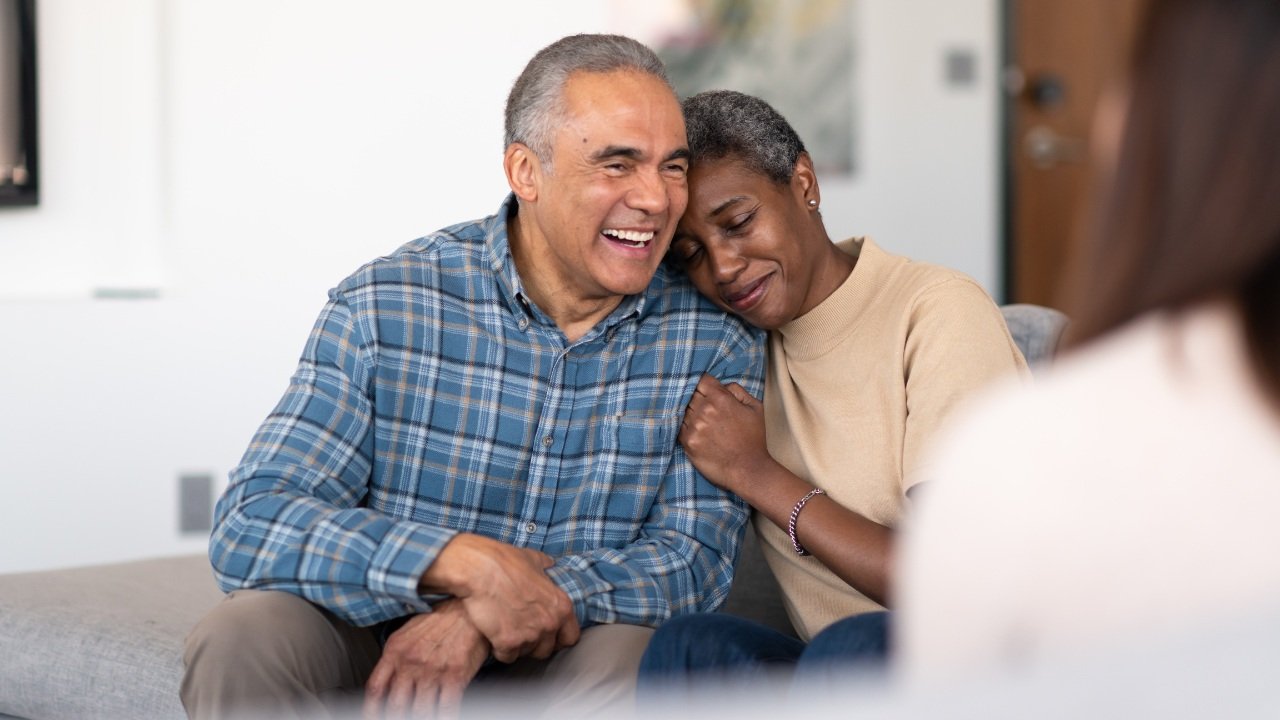Are you and your partner facing relationship difficulties? Feeling disconnected, struggling to communicate effectively, or constantly battling conflict? Understanding the role of a psychotherapist in couples therapy can be the key to unlocking a stronger, healthier, and more fulfilling relationship. This guide explores the process, benefits, and what to expect when seeking professional help.
Understanding Psychotherapy
Psychotherapy, also known as talk therapy, provides a supportive and structured environment to address emotional and mental health concerns. For couples, this involves working with a trained professional to identify and resolve relationship challenges. A psychotherapist facilitates communication, helps identify unhealthy relationship patterns, and equips couples with the tools to navigate conflicts constructively. Mental health support through therapy focuses on improving emotional regulation, building empathy, and fostering a deeper understanding of each other's needs and perspectives. This process of emotional counseling aims to enhance overall relationship satisfaction and well-being.
The Importance of Couples Therapy
Couples therapy offers a safe space for open and honest communication, often breaking down barriers that hinder healthy relationship dynamics. It’s more than just addressing problems; it's about building a stronger foundation for lasting love and connection. Whether you're seeking relationship enrichment, struggling with communication issues, or require marital support, couples therapy provides a framework to overcome challenges and foster growth. This collaborative approach empowers couples to improve their communication skills, strengthen their emotional bond, and work together towards shared goals. This support can significantly improve relationship satisfaction and contribute to a more fulfilling life together.
Goals of Couples Therapy
The primary goal of couples therapy is to improve relationship satisfaction. This is achieved through several key objectives. Improved communication is paramount, enabling couples to express their needs and feelings openly and honestly. Building a stronger emotional connection involves fostering intimacy, trust, and understanding. Ultimately, successful therapy helps couples navigate conflict effectively, resolving disagreements constructively and creating a more harmonious partnership. Therapy addresses issues like building self-esteem and improving conflict resolution techniques and approaches to strengthen the relationship.
Techniques Used by Psychotherapists
Psychotherapists employ a variety of techniques tailored to each couple's unique needs. Conflict resolution methods focus on teaching couples healthy communication strategies and conflict management skills. Trust-building exercises help rebuild broken trust and strengthen the emotional bond between partners. Intimacy enhancement strategies address intimacy challenges that couples may be experiencing, including physical intimacy and emotional closeness. Therapists may also utilize other techniques, like cognitive-behavioral therapy (CBT) or emotionally-focused therapy (EFT), to address specific challenges.
Common Challenges Addressed in Therapy
- Relationship repair after infidelity or significant betrayal Communication breakdowns and ineffective conflict resolution Stress management and coping with external pressures Forgiveness practices and healing from past hurts Addressing power imbalances and unhealthy dynamics Managing financial stress and its impact on the relationship Reconciling differing values and life goals
What to Expect in a Session
A typical session begins with an open discussion of current concerns and progress since the last meeting. The therapist acts as a facilitator, guiding the conversation and helping couples explore their emotions and perspectives. The session structure varies depending on the therapist's approach but typically involves a combination of individual reflection, paired discussion, and collaborative problem-solving. Therapists actively listen, offering insights and feedback, and help couples develop effective communication strategies. The therapist's role is to guide the process, not to take sides or offer direct solutions, but rather to empower couples to find their own solutions.
Choosing the Right Therapist
Finding a therapist who's a good fit is crucial. Consider their qualifications, specialized training, and experience in couples therapy. Look for someone with a strong reputation, positive client reviews, and a therapeutic approach that aligns with your preferences. Compatibility between the therapist and the couple is important, ensuring a comfortable and safe therapeutic environment. Don't hesitate to schedule introductory calls with several therapists to determine the best fit before committing.
Integrating Personal Growth in Couples Therapy
Couples therapy often extends beyond relationship issues, addressing individual growth and self-awareness. Developing empathy and understanding your partner's perspective is vital for healthy relationships. Building resilience, coping with stress, and improving self-esteem are all essential components that therapy can address to strengthen the relationship. Self-reflection and personal growth are crucial for creating a stronger and more resilient partnership.

Impact of Mental Health on Relationships
Mental health significantly impacts relationships. Unresolved personal struggles, untreated mental health conditions, and lack of adequate support systems can strain even the strongest partnerships. Recognizing the importance of mental health awareness and seeking appropriate support for individual mental health concerns is critical for a thriving relationship. Open communication about individual struggles and accessing support services together can significantly improve https://zionbknq471.cavandoragh.org/navigating-your-mental-health-journey-understanding-therapy-options-in-2025 relationship dynamics.
Resources for Couples Seeking Help
Numerous resources are available to couples seeking support. Books, workshops, and online forums for couples offer valuable insights and tools for strengthening relationships. Your therapist can recommend relevant resources tailored to your specific needs, providing additional avenues for support and personal growth outside of therapy sessions. Remember that seeking help is a sign of strength, not weakness.
Testimonials and Success Stories
(Insert testimonials and success stories here – these could be anonymized client stories highlighting positive outcomes and transformations experienced through couples therapy.)
Conclusion:
Navigating relationship challenges can be daunting, but with the right support, it's possible to overcome difficulties and build a stronger, more fulfilling partnership. Couples therapy, guided by a skilled psychotherapist, provides the tools and support needed to improve communication, resolve conflicts constructively, and foster emotional intimacy. Don't hesitate to seek professional help if you're facing relationship difficulties; it's an investment in your future happiness and well-being. Take the first step towards a healthier and happier relationship today.